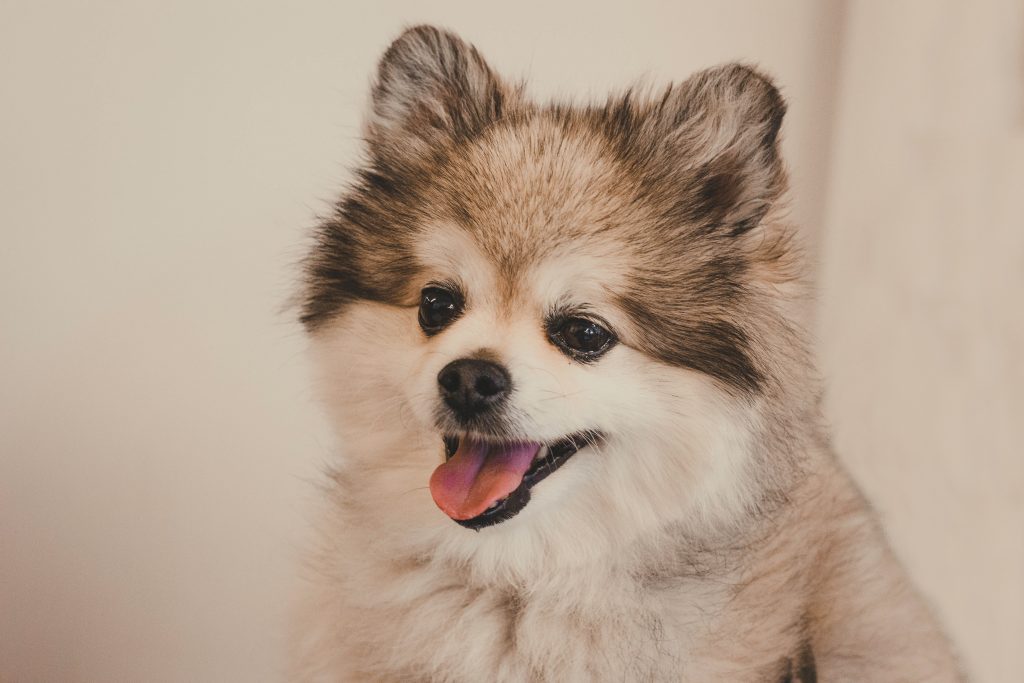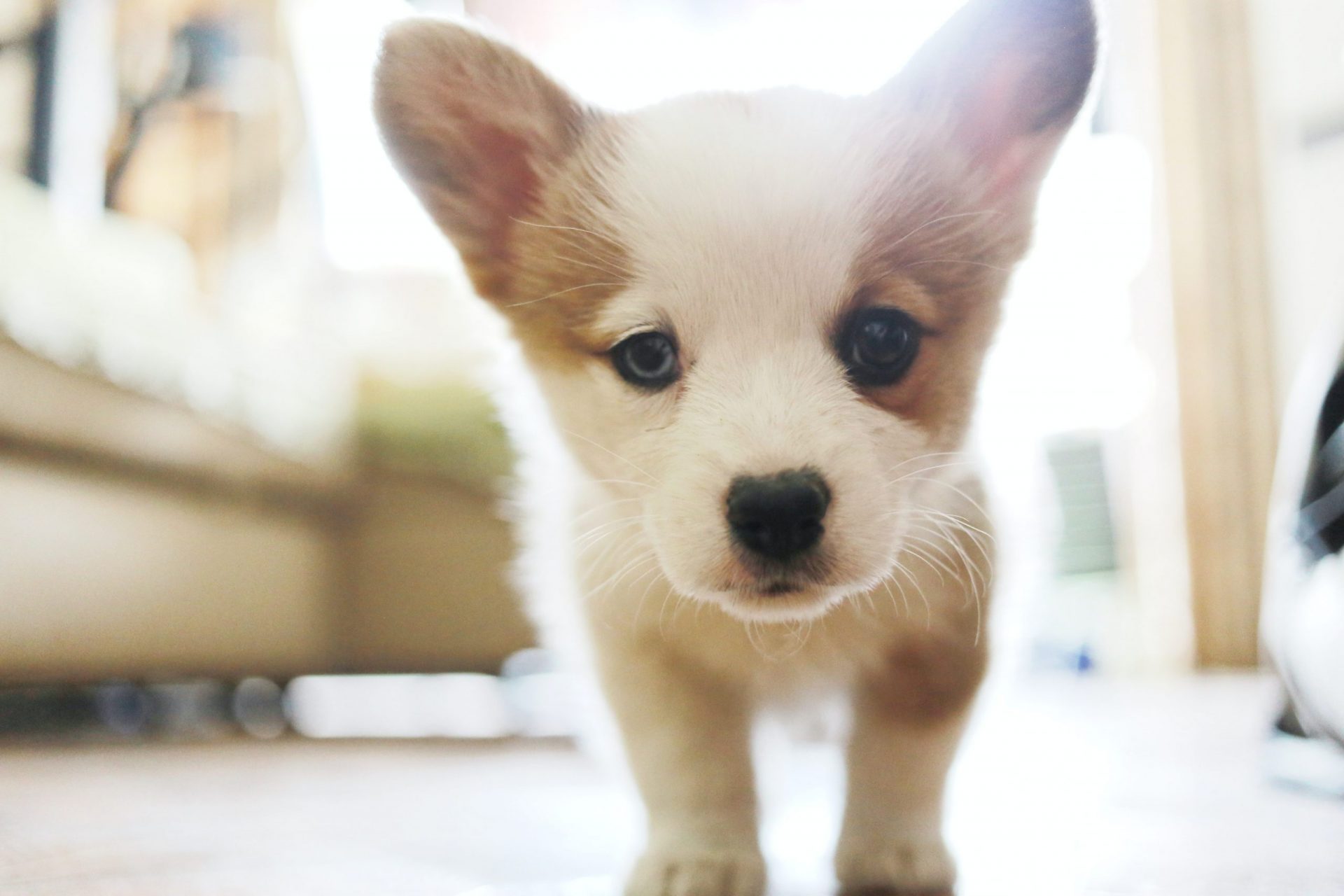Bringing home a new puppy is an exciting and joyful moment. Your puppy will require a lot of love and attention as they transition into their new home. Before your puppy arrives, there are some arrangements and decisions to be made. After you’ve picked out your puppy and are awaiting the big day, you’ll need to puppy-proof your home. You’ll also need to find the right supplies, decide on house rules, think about how you’ll make introductions, and schedule important vet visits.
Preparing for Your New Puppy

Before your puppy arrives there are a few arrangements to be made and rules to decide on, those include:
Buy the right supplies. You will need a crate and/or bed for your new puppy to stay in. Food and water bowls are a must. Healthy and complete puppy food is important, and your vet can help you decide the right food for your breed. A collar, tag, harness, and leash are important for taking them on walks, however, you may need a harness as you train your puppy. A car restraint is important for their safety if you’ll be traveling often. Puppy pads are essential for house training, and poo bags are needed for outside.
Puppy-proof your house. Decide where your puppy will be sleeping. Crate training is a popular method to make them feel like they have a safe, quiet place to rest. Choose your puppy’s eating place. Make sure their food is out of their reach. If there are certain parts of your home you don’t want your puppy in, then baby gates can help set boundaries. Check your home for potential puppy hazards like poisonous plants, cleaning products, cables, or other things they might chew on that they shouldn’t.
Find a veterinarian and trainer. Putting your puppy on a routine and early training can create a well-behaved dog. It’s important to get them checked out and up-to-date on their vaccinations as early as possible. Finding the right vet for you and your puppy will make these trips easier.
The Big Day

Once you’ve picked up your new puppy and are bringing them home, you’ll want to set them up for success. Making it through the first night can be the toughest part. However, the joys they will bring you will far outweigh the struggles in the beginning.
Starting a routine and sticking to it will help your puppy have a successful transition. Here are tips for surviving the first 24 hours:
Introduce them to their family. Let your puppy explore designated areas until they’re familiar with the house. Introduce family members one a time, to avoid overwhelming your puppy. Let them know where they should potty, and reward them when they go. Introduce them to other animals in your house slowly to avoid aggression or irritation. Avoid other dogs outside until your puppy has all of their vaccinations. Note that this could take a few months. kids wholesale clothing
Start enforcing rules. Teaching your puppy the house rules from the beginning will help them understand the boundaries. You will need to decide where they will sleep, if they’re allowed on furniture, or if they can have table scraps. Sticking to a schedule for mealtime, potty breaks, playtime, and naptime will help your puppy feel secure and confident. Puppies need plenty of sleep, and giving them a safe place to rest will help them.
Surviving the first night. For many, the first night is the toughest. Some puppies may cry for the first few nights. If you’re crate training, you may want to take them out and console them. However, letting them cry in their crate will help them understand the rules. You can put their crate in your bedroom so they know you’re close by. Some puppies may not be able to hold their bladder through the night. You can solve this by taking them on a potty break before and after bedtime. You may also need to take them out for a quick potty break in the middle of the night, then back to the crate.
Building strong bonds. Positive reinforcement, plenty of affection from the family, and consistent rules and routine will help your puppy adapt to their new “pack.” Scolding, yelling, or even hitting will not create a good relationship with your new puppy. Maintaining positive mannerisms even when they have done something wrong will be better for you and your puppy.
Starting on the Right Paw
After bringing home your new puppy, the real fun begins. Sticking to a consistent schedule and training them will help the two of you bond. From potty training to learning new tricks, using positive reinforcement will help them learn. Enrolling them in classes or programs can ensure good behavior later on.
Socializing your puppy when they’re young and after they’ve been fully vaccinated helps their behavioral development. Their experiences as a puppy will shape how they act when they get older. Creating positive encounters will help them be a friendly dog.
It’s also important to get your puppy on a flea and worm treatment. It’s common for puppies to have worms, however, they can be easily treated by medication prescribed from the vet. Necessary vaccinations will also protect them from infectious diseases.
Be vigilant about your puppy’s health. Make sure they have regular vet appointments and checkups. Monitor their health at home, and take note of any concerning behavior. Learn the health risks of your specific breed and take steps to recognize the onset of any diseases or conditions. Your puppy relies on you for their well-being. In return, your healthy puppy will provide joy to you and your family.
————————————————————————————————————————————————
P.S. What are your tips or experiences ? Share your thoughts below! And you can also come here to see if there are anything suitable for your beloved companion!
▶▶▶https://dogcatclothes.com/









